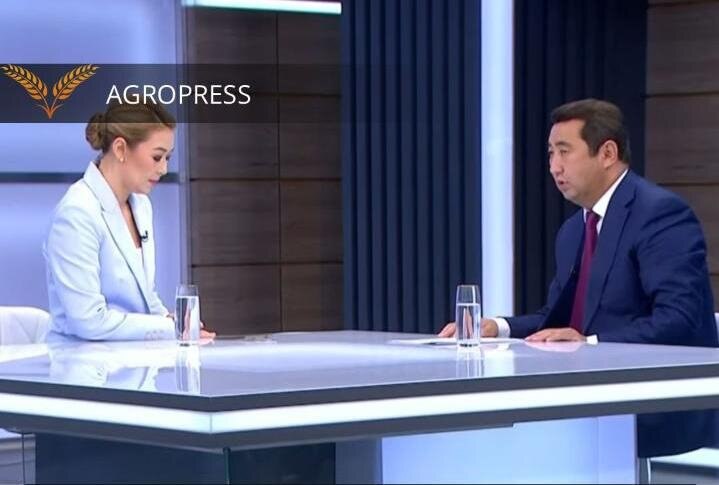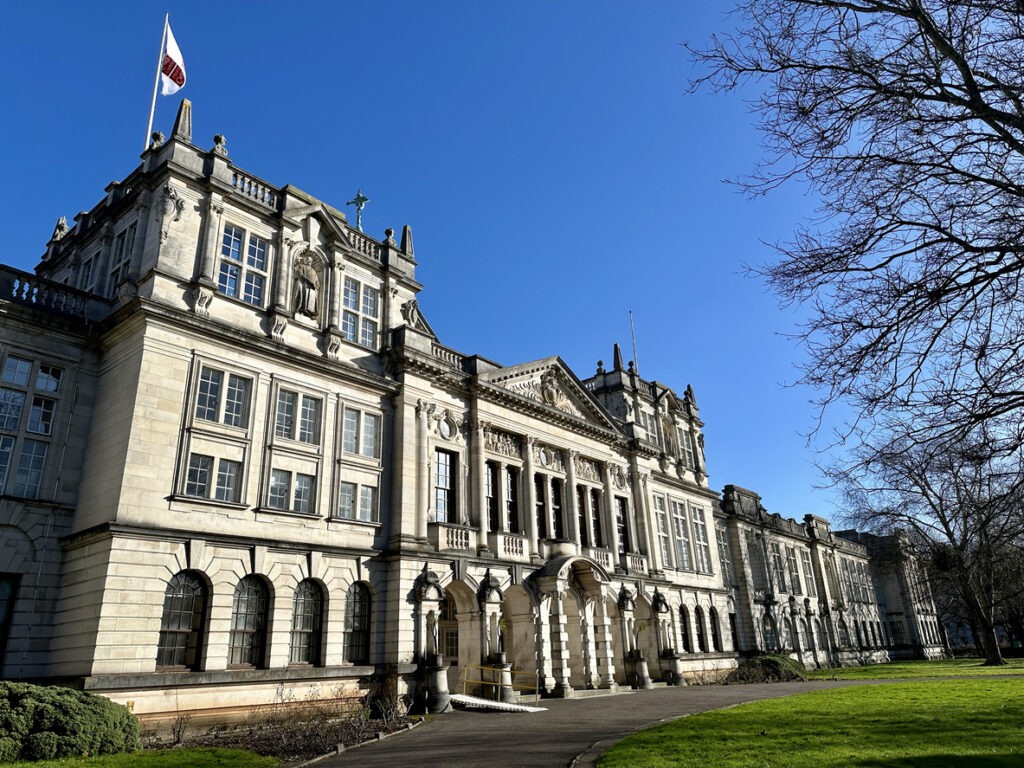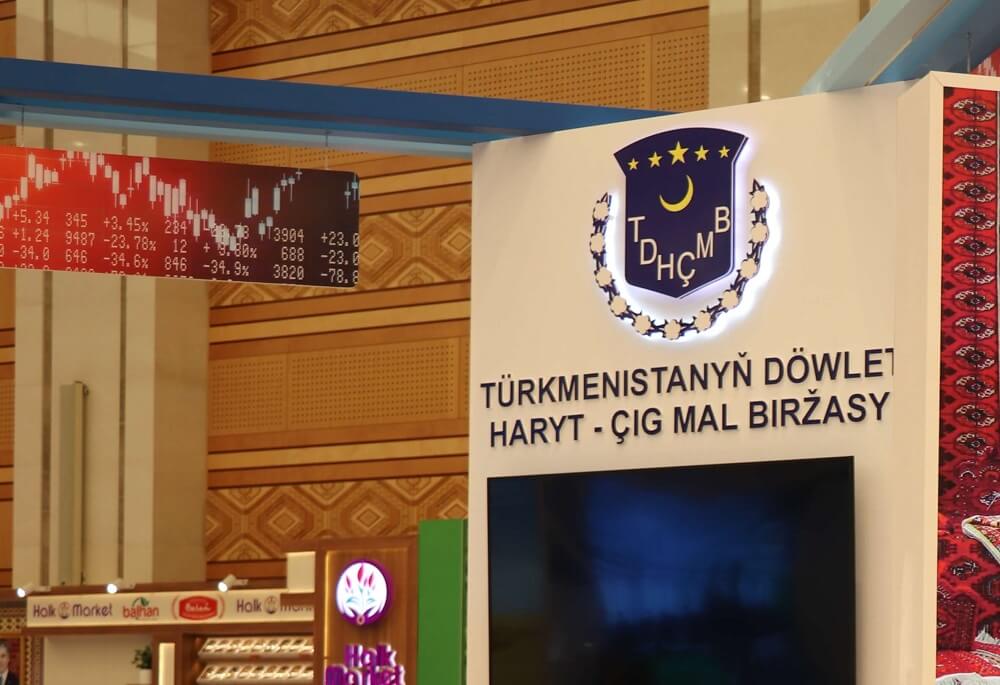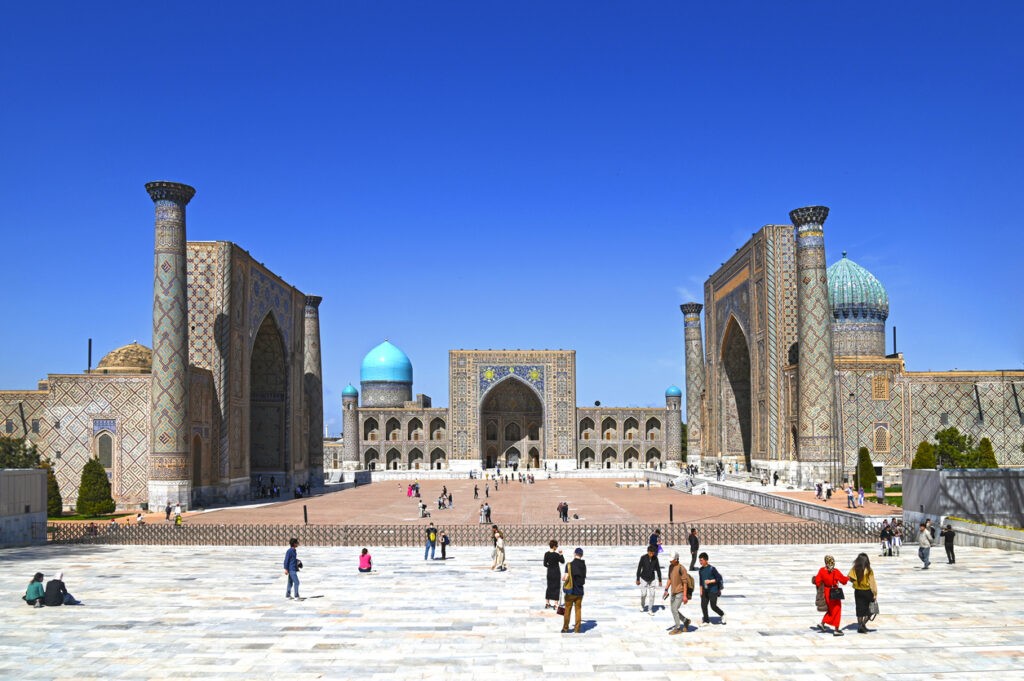TASHKENT (TCA) — During his official visit to Germany, the President of Uzbekistan Shavkat Mirziyoyev on January 21 held negotiations with the Federal Chancellor of Germany Angela Merkel.
At the meeting, the President of Uzbekistan emphasized that in Germany, Uzbekistan sees a reliable and time-tested partner, the Uzbek presidential press service reported.
The German Chancellor highly appreciated the reforms carried out under the leadership of the President of Uzbekistan, aimed at a radical modernization of the national economy and further democratization of society.
She welcomed the new regional policy of Uzbekistan on creating in Central Asia the atmosphere of friendship and mutual trust, peaceful resolution of perennial disputes and integration of the region into the global economy.
The parties also considered issues of protection of human rights, as well as environmental protection. The Uzbek president thanked the Government of Germany for the assistance in overcoming negative consequences of the Aral Sea disaster, calling for active participation of Berlin in activities of the multi-partner Trust Fund for the Aral Sea region.
Particular attention at the meeting was paid to development of trade, economic, investment and technological cooperation.
The parties noted the dynamic expansion of bilateral trade, which amounted to more than 700 million euros, and emphasized the presence of all the possibilities for this indicator’s growth to 1 billion euros.
A total of 132 enterprises with participation of investors from Germany are operating in Uzbekistan, including 33 enterprises with 100% German capital, and representative offices of 31 companies. The National Bank of Uzbekistan has established correspondent cooperation with 57 German banks. Deutsche Bank’s branch operates in Tashkent.
It was noted that during the visit, agreements were reached on implementation of new multi-billion-dollar projects with Germany’s world-class companies: Siemens, Thyssen Krupp, Klaas, MAN, Knauf, Linde, Pappenburg, Humana, and Volkswagen.
The importance of developing cooperation in science and education, expanding cultural ties and tourist exchanges was emphasized.
It was noted that more than 8 thousand ethnic Germans live in Uzbekistan. Conditions for development of their national culture and traditions are created.
Activities of the Goethe-Institute in Tashkent, representative offices of the Konrad Adenauer and Friedrich Ebert foundations, the German Academic Exchange Service, and other German non-governmental organizations contribute to strengthening cultural and humanitarian ties.
Uzbekistan has recently introduced a visa-free regime for German citizens arriving for up to 30 days. This will create additional amenities for German tourists and investors who are showing interest in Uzbekistan.
Earlier on January 21, President Mirziyoyev met with Federal President of Germany Frank-Walter Steinmeier.
The Presidents reaffirmed the importance of strengthening relations based on implementation of the new EU Strategy for Central Asia, which is being developed on Berlin’s initiative.
The President of Uzbekistan proposed to establish a dialogue in “Central Asia + Germany” format.
Сooperation in cultural and humanitarian field was also discussed, including the perspectives of using effective German pedagogical technologies in school education, including implementation of “Schools: Partners of the Future” (PASCH) initiative, as well as opening of German universities’ branches in Uzbekistan and deepening cultural ties between the peoples of the two countries.
President Mirziyoyev invited Frank-Walter Steinmeier to pay a return visit to Uzbekistan. The Federal President expressed his readiness to visit Uzbekistan in spring this year.









